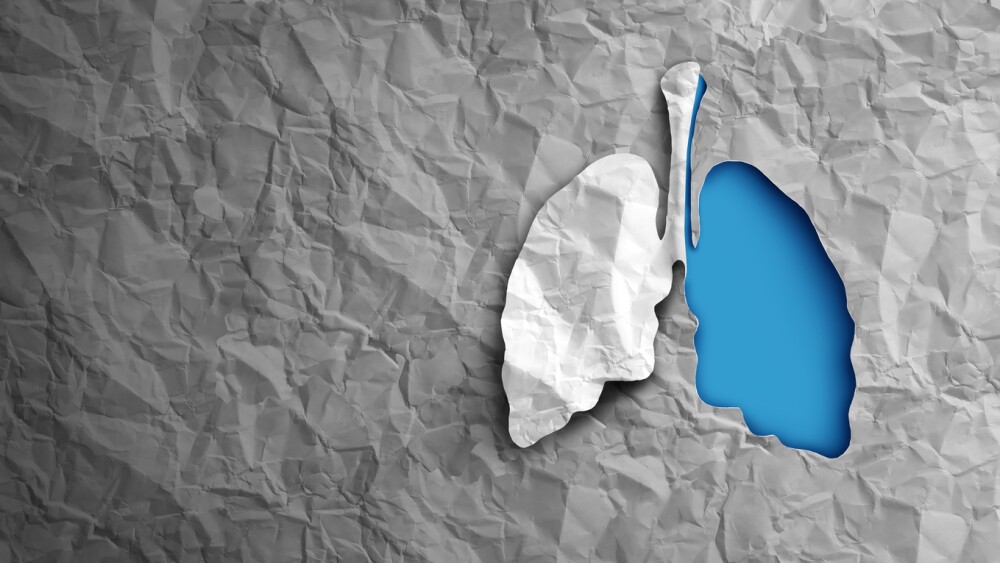iCell Gene Therapeutics Announces Positive Clinical Data from Investigator Initiated Phase 1 Trial Evaluating BCMA-CD19 Compound CAR in Patients with Systemic Lupus Erythematosus/Lupus Nephritis Published in Annals of the Rheumatic Diseases.
– BCMA-CD19 compound CAR (cCAR) therapy was safe and well tolerated and achieved proof of concept of complete humoral reset delivering long-term medication-free remission –
– iCell’s BCMA-CD19 cCAR was the first CAR T evaluated in autoimmune disease with first SLE patient treated September 2019 –
– Based on successful IIT study, iCell plans to file INDs in U.S. and China –
STONY BROOK, N.Y.--(BUSINESS WIRE)-- iCell Gene Therapeutics, a clinical stage biopharmaceutical company focused on immunotherapies for autoimmune disorders and cancer, today announced the publication in Annals of the Rheumatic Diseases of positive results of an investigator initiated clinical trial (IIT) for its BCMA-CD19 compound chimeric antigen receptor (cCAR) T cell immunotherapy.
The clinical trial evaluated the safety and efficacy of a complete humoral reset of both long-lived plasma cells and B cells in 13 systemic lupus erythematosus (SLE) patients treated with iCell’s cCAR, including 11 patients with SLE and lupus nephritis (LN). All patients (12/13) who received an initial dose of 3x106 cCAR cells/kg were negative for all autoantibodies, including those derived from long-lived plasma cells, 3-months post-cCAR, and the complement returned to normal levels. These patients achieved symptom-free and medication-free remission (MFR), with post-cCAR follow-up to 46 months. cCAR therapy was well tolerated with mild cytokine-release syndrome (no CRS >1). iCell considers this IIT to be a successful proof of concept; the Company plans to file an investigational new drug application (IND) for its BCMA-CD19 cCAR in the United States and China.
iCell’s cCAR, with two independently functioning CARs in a single construct targeting the B cell CD19 and the plasma cell BCMA surface antigens, is uniquely designed to completely reset humoral immunity and address the underlying cause of SLE/LN through the elimination of all elevated autoantibodies including those produced by long-lived plasma cells.
Unique armoring of iCell’s cCAR allows for safe pretreatment conditioning with cyclophosphamide only (no fludarabine was used in LN patients), and patients in the study discontinued all lupus medications, including glucocorticoids and immunosuppressants, prior to cCAR treatment and remained lupus medication-free post-infusion. There are currently no approved therapies that deliver MFR in SLE/LN patients who are at high risk of long-term organ damage and kidney transplant.
“This study demonstrates that the complete reset of humoral immunity results in elimination of all elevated autoantibodies, that long term medication free remission is achievable, and that treatment with a BCMA-CD19 compound CAR is well-tolerated in patients suffering from lupus nephritis. The data show humoral immunity recovering, a low rate of infections, no CRS greater than 1, and no ICANS observed to date,” said Yupo Ma, M.D., Ph.D., Chief Scientific Officer and Founder of iCell. “iCell now has the largest clinical dataset of autoimmune patients receiving CAR therapy, and we are excited to continue the advancement of our BCMA-CD19 cCAR.”
“iCell first envisioned the potential for CAR treatments in autoimmune diseases more than 10 years ago and subsequently became the first to patent a BCMA-CD19 compound CAR. Nearly five years ago, we were the first company worldwide to treat an autoimmune patient with a CAR, and we are delighted to see that this patient continues to do well,” said Greg Deener, Chief Executive Officer of iCell. “We look forward to receiving further follow up data confirming the promising results to date, and we plan to present this data on June 12th at the European Alliance of Associations for Rheumatology (EULAR) 2024 Congress.”
Study Details:
iCell designed its cCAR T Cell immunotherapy to express two distinct and fully functional CAR molecules in a single construct, one that targets the molecule CD19 present on B cells and one that targets BCMA present on plasma cells. Targeting both B cells and long-lived plasma cells is needed to eliminate all elevated autoantibodies, given they have separate and redundant memory. iCell’s cCAR is armored to safely promote T cell survival and function and to allow for cyclophosphamide-only conditioning.
The single arm IIT evaluating iCell’s BCMA-CD19 cCAR was conducted in two leading centers in China, Zhongshan People’s Hospital and Peking University Shenzhen Hospital. Initially two patients with SLE and comorbid localized lymphoma were treated with the BCMA-CD19 cCAR (the first in September 2019); 11 patients with LN with biopsy-confirmed active disease (Class III-V) and inadequate response to at least two lines of therapies were subsequently enrolled into the study and treated between June 2022 and February 2023. Ten LN patients received the target single cCAR dose of 3x106/kg.
Overall, the cCAR therapy was found to be generally safe and well-tolerated. The 10 LN patients receiving the target dose achieved depletion of B cells from peripheral blood within 10 days post-cCAR treatment and depletion of immunoglobulin within 42 days, and complete recovery of B cells and IgM was seen within 2-6 months post-cCAR. Excluding COVID-19, the only infection reported was a grade 1 urinary tract infection. In iCell’s overall cCAR safety database of 18 patients with autoimmune diseases (including the 13 patients with SLE or LN), there have been no CRS >1 and no ICANS or CRES.
All lupus patients (12/13) who received the target dose were negative for all autoantibodies, including those derived from long-lived plasma cells, 3-months post-cCAR, and the complement returned to normal levels. Patients achieved symptom-free and medication-free remission (MFR), with post-cCAR follow-up to 46-months. Mean Systemic Lupus Erythematosus SLE Disease Activity Index 2000 (SLEDAI-2K) reduced from 9.9 (baseline) to 2.3 (3 months), and mean renal function significantly improved in the 10 LN patients ≤90 days post-cCAR. The data suggest that cCAR therapy was safe and effective in inducing MFR and depleting disease-causing autoantibodies in SLE and LN patients.
About SLE/LN
Systemic lupus erythematosus is an antibody-mediated autoimmune disease, in which autoantibodies attack the body’s own tissues, resulting in widespread damage in affected organs including kidneys, lungs, joints, brain and blood vessels. According to the Lupus Foundation of America, an estimated 1.5 million Americans, and at least five million people worldwide, have SLE/LN. Lupus nephritis affects ~40% of SLE patients and disproportionately burdens nonwhite women from lower socioeconomic groups. LN patients have a 6-fold higher risk of mortality with 1 in 4 progressing to end stage renal disease There are currently no treatments targeting the underlying causes of the disease delivering MFR. Standard of care LN treatments have substantial side effects. Prolonged immunosuppression increases the risk of serious infections and cancers. Glucocorticoid associated adverse effects include osteoporotic fractures, avascular necrosis, diabetes mellitus, cataracts, glaucoma, and premature mortality.
About iCell Gene Therapeutics
iCell Gene Therapeutics is a clinical-stage biopharmaceutical company developing chimeric antigen receptor (CAR) immunotherapies designed to be innovative, first-in-class and lifesaving. iCell is focused on developing treatments for diseases where no treatment options exist and where dramatic improvements in quality and duration of life are needed, including autoimmune disorders, AML, and T-cell malignancies. The company is currently conducting clinical trials in the U.S. and China utilizing its CARvac, T-cell targeted CARs, compound CARs and non-gene edited universal CARs engineered as treatments for autoimmune diseases, cancer, and organ rejections. For more information, please visit http://icellgene.com/
View source version on businesswire.com: https://www.businesswire.com/news/home/20240523089601/en/
Contacts
Investor Contact:
Greg Deener, CEO
greg.deener@icellgene.com
Media Contact:
Argot Partners
icellgene@argotpartners.com
Source: iCell Gene Therapeutics





